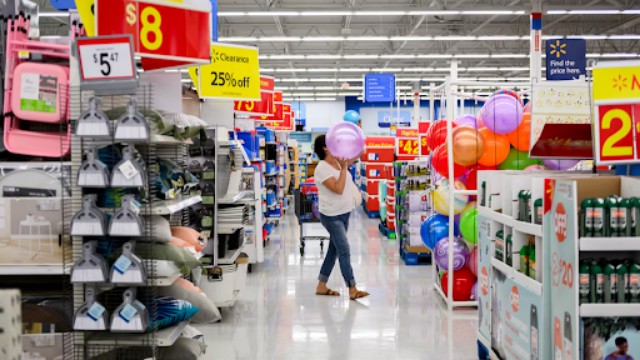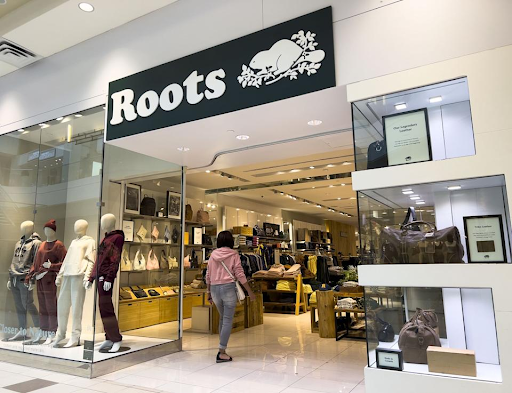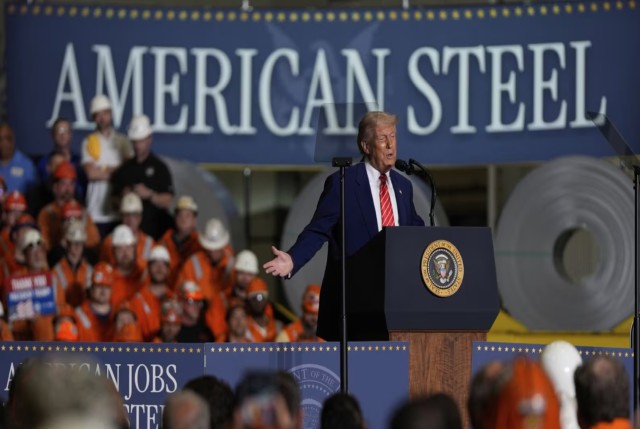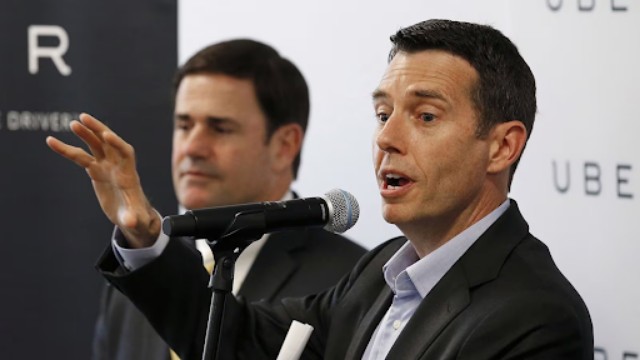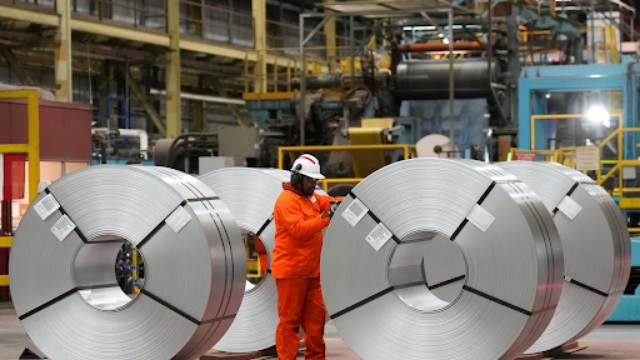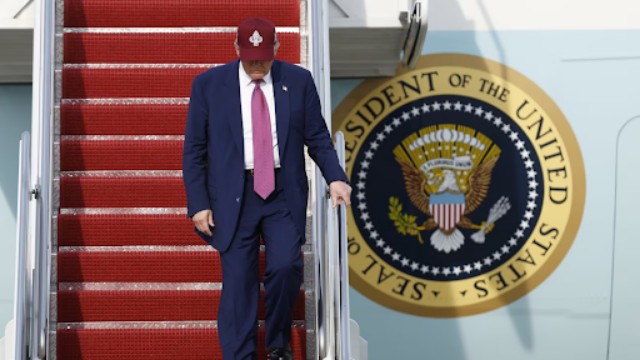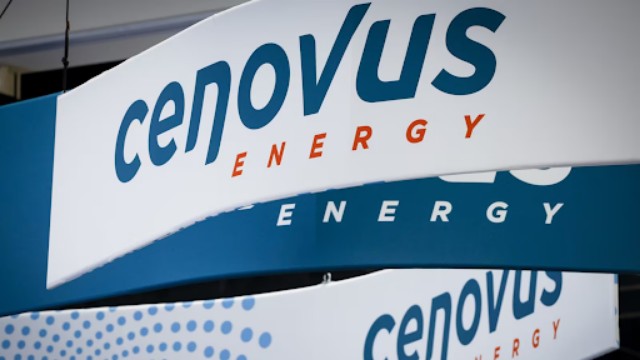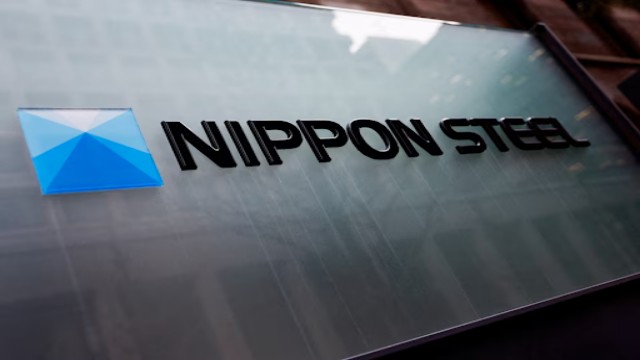
PHOTO: The Nippon Steel logo seen at its main office in Tokyo, Japan, on April 1, 2024. (Credit: REUTERS/Issei Kato)
Nippon Steel’s shares jumped on Monday after former U.S. President Donald Trump officially gave the go-ahead to its $14.9 billion takeover of U.S. Steel. This approval not only ended months of uncertainty but also paved the way for the Japanese giant to expand its footprint in the American market.
The move came after a lengthy 18-month negotiation period filled with resistance from labour unions and intense scrutiny under two national security reviews. Finally, on Friday, Trump signed an executive order permitting the deal, provided both companies agreed on terms with the U.S. Treasury that addressed security concerns.
Shortly after the announcement, both firms confirmed that they had signed the required agreement, clearing the way for the acquisition to proceed.
By midday Monday, Nippon Steel's stock surged by 3%, hitting 2,915 yen. The buying frenzy was so intense that shares remained untraded for a period due to excess demand. The company’s performance outshone Tokyo’s main Nikkei 225 index, which recorded a more modest gain of around 1%.
Under the agreement, Nippon Steel has committed to investing $11 billion in the U.S. market by 2028. This includes promises related to company governance, local production, and trade cooperation. It also confirmed that it will take full ownership of U.S. Steel by acquiring 100% of its ordinary shares.
Market analysts reacted positively to the breakthrough. Shinichiro Ozaki, a senior analyst at Daiwa Securities, remarked that investors welcomed the clarity that the deal now offers. “The size and timeline of the investment look manageable and smart,” he added, emphasizing that this acquisition is a vital part of Nippon Steel’s long-term growth plans.
The deal is expected to lift Nippon Steel’s annual production capacity from 63 million metric tons to 86 million. This increase strengthens its position globally while giving it easier access to U.S. customers, especially as steel demand there is predicted to rise.
Masayuki Kubota, a strategist at Rakuten Securities, said the share surge reflects market optimism about Nippon Steel’s access to a lucrative American market. “This positions them well for long-term growth,” he noted.
Despite the optimism, some investors remain cautious. The massive investment commitment and uncertainties about how the U.S. government’s “golden share” might influence company decisions continue to raise eyebrows. The golden share gives the U.S. government special rights in the newly formed entity, prompting concerns over future control and governance.
However, Ozaki believes the risk of a capital strain may not be as dire as some fear. Referring to Trump’s earlier statement that Nippon would pump in $14 billion over 14 months, he said that a sudden funding crunch looks unlikely.
He also dismissed concerns over job cuts or plant closures, stating that Nippon Steel plans to focus on high-end steel products in the U.S., where market demand is robust.


